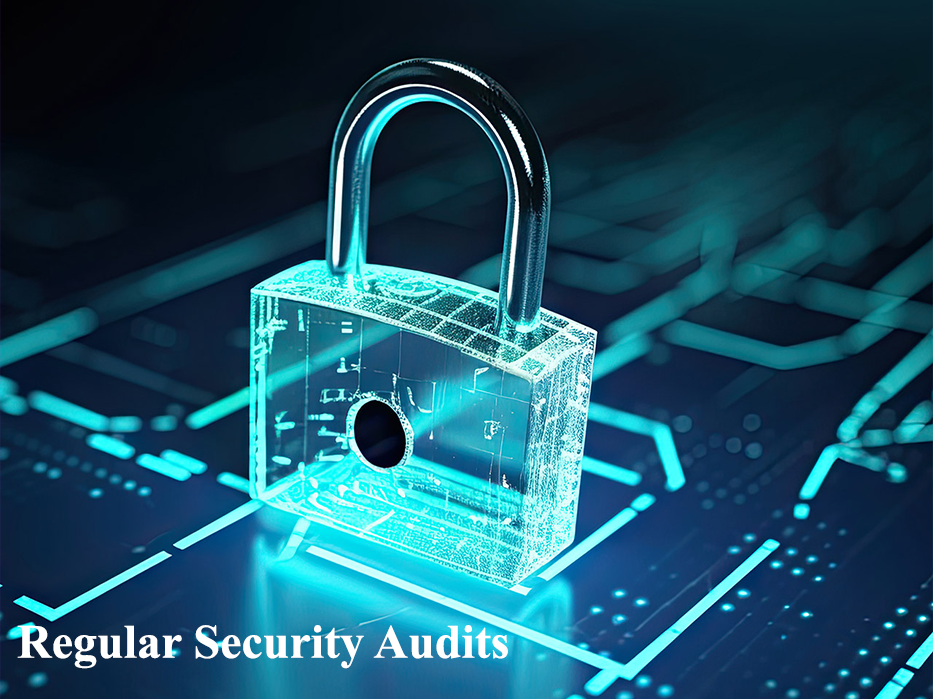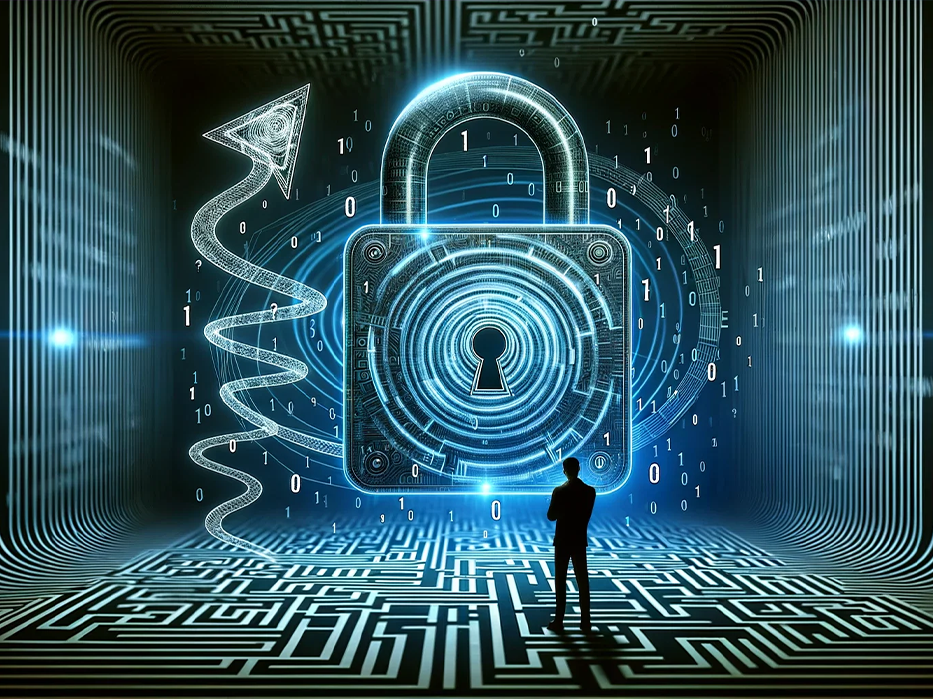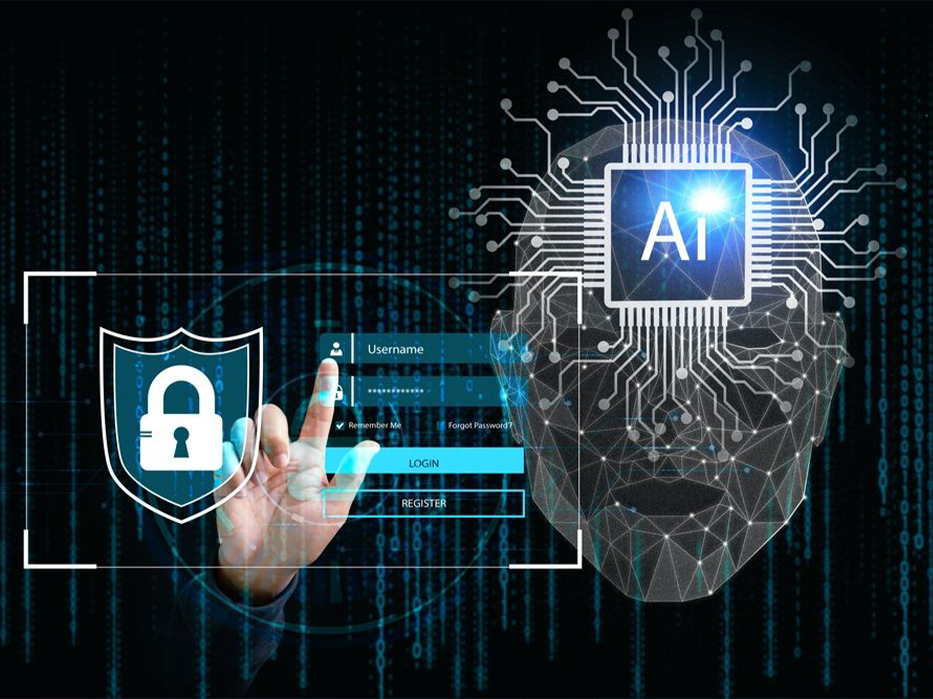Regular security audits play a crucial role in maintaining the integrity, resilience, and overall effectiveness of an organization’s cybersecurity defenses. These audits are comprehensive assessments conducted periodically to evaluate the security measures, policies, and practices implemented within an organization. Here’s an in-depth exploration of why regular security audits are of paramount importance:
- Identifying Vulnerabilities and Weaknesses: One of the primary objectives of security audits is to identify vulnerabilities and weaknesses in the organization’s IT infrastructure, systems, networks, and applications. Cyber attackers are constantly evolving their tactics, and regular audits help in staying ahead by proactively identifying potential entry points and weaknesses that could be exploited. By uncovering these vulnerabilities early, organizations can take prompt action to remediate them before they are exploited maliciously.
- Ensuring Compliance and Regulatory Requirements: Many industries and jurisdictions have stringent regulations and compliance requirements related to data protection and cybersecurity. Regular security audits help organizations ensure that they are compliant with these standards. Auditors verify that the organization’s security measures meet the necessary legal and regulatory obligations, reducing the risk of fines, penalties, or legal liabilities due to non-compliance.
- Evaluating the Effectiveness of Security Controls: Technology and cyber threats evolve rapidly, rendering previously effective security measures potentially obsolete. Regular security audits evaluate the effectiveness of existing security controls and mechanisms in place. This assessment helps organizations understand whether their current defenses are adequate against emerging threats and whether additional security measures or updates are necessary to strengthen their overall security posture.
- Improving Incident Response Preparedness: Despite robust preventive measures, security incidents can still occur. Regular security audits include testing and evaluating the organization’s incident response procedures and protocols. By conducting simulations of potential security breaches or incidents, organizations can identify gaps in their response plans, improve coordination among response teams, and refine incident response procedures. This proactive approach ensures that the organization is well-prepared to detect, respond to, and recover from security incidents swiftly and effectively.
- Enhancing Stakeholder Confidence and Trust: In today’s interconnected digital ecosystem, trust and reputation are critical assets for any organization. Regular security audits demonstrate a commitment to proactive cybersecurity practices and data protection. By providing assurance to customers, partners, investors, and other stakeholders that their sensitive information is safeguarded, organizations can build trust, enhance their reputation, and differentiate themselves from competitors who may not prioritize cybersecurity as rigorously.
- Continuous Improvement and Risk Management: Security audits are not just a one-time compliance check but part of a continuous improvement process in managing cybersecurity risks. Audits provide valuable insights and recommendations for enhancing security measures, updating policies, and investing in new technologies or training to mitigate evolving cyber threats effectively. This iterative approach ensures that the organization’s cybersecurity strategy remains agile, adaptive, and resilient over time.
In conclusion, regular security audits are essential for organizations of all sizes and across all industries to mitigate cybersecurity risks, ensure regulatory compliance, improve incident response capabilities, build stakeholder trust, and continuously enhance their overall security posture. By investing in regular audits and prioritizing cybersecurity as a strategic imperative, organizations can effectively protect their assets, maintain operational continuity, and safeguard their reputation in an increasingly digital and interconnected world.





